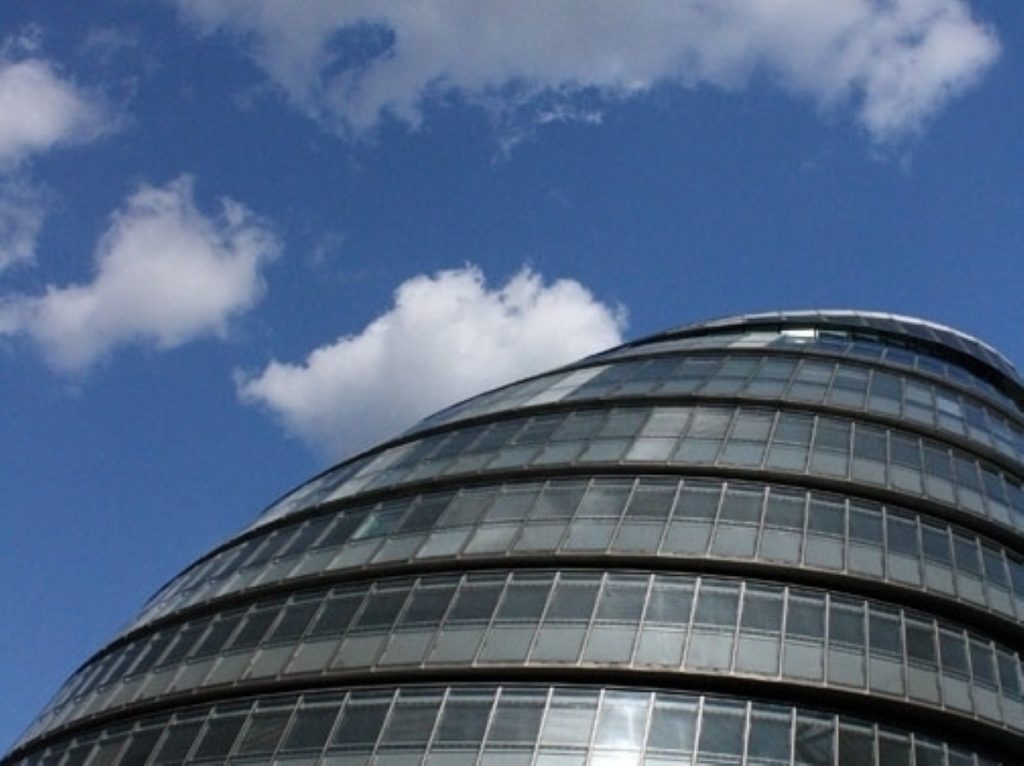Labour’s London mayoral hopes aren’t as good as they seem
London was the one bright spot in a dark night for Labour last week. The party gained seven seats in the capital, increasing their share of the vote from 37% in 2010 to 44% in 2015.
But was Labour's performance as good as it appears? That's the question two of Labour's leading prospective candidates to be the next London mayor are now asking.
Current favourite Tessa Jowell told the Evening Standard yesterday that Labour's performance "was not good enough," adding that "the idea we assume that we are going to walk it in 2016 is for the birds".
She was joined today by David Lammy who writes a piece for City AM in which he warns against an "orgy of self-congratulation" and complacency about Labour's London performance last week.
So what's going on here? Why are two of Labour's leading London candidates so keen to play down Labour's chances of winning back the London mayoralty next year?
There are three answers to this. The first is that Labour's performance in London last week genuinely wasn't as good as it appears. Yes, Labour's share of the vote went up significantly but that vote was mostly concentrated in inner-London seats which Labour already holds. Several of the party's outer London targets failed to go Labour's way, while some of those that did were only won by tiny margins. The kind of swing to Labour in London predicted by the polls simply didn't materialise.
And in many of London's wealthier and less diverse outer suburbs, Tory MPs actually increased their majorities, while their overall vote share across London actually went up slightly on 2010. The current Conservative mayor Boris Johnson won two elections in London by mobilising large numbers of Tory voters in outer London targets. Under Lynton Crosby's management, over a million 'shy Tories' were brought to the ballot box, while the enthusiasm of Labour voters in inner London was suppressed. This so-called 'donut strategy' was brilliantly effective in two mayoral elections. Could it be as effective again?
The second reason Jowell and Lammy have spoken up is that there is real complacency among some Labour politicians about their chances of winning back City Hall next year. One leading supporter of Sadiq Khan told me last year that a Labour candidate could expect to walk the mayoral election by a double-percentage lead – something even Ken Livingstone at his peak couldn't manage. Other key figures in the party told me they expect next year's mayoral election to be little more than a coronation, with the real battle taking place during Labour's mayoral selection this year.
Such complacency risks setting Labour up for a major fall next year, especially as they still have little idea of who the Tories will pick. There are already signs that Zac Goldsmith, who massively increased his majority last week, could be reconsidering his decision not to stand for the mayoralty next year. Goldsmith has previously told friends that he would rather stand in 2020, but there is momentum building behind his candidacy that could force his hand this time.
Goldsmith is an independent figure who has clear cross-party appeal. He has been heavily critical of his own party leadership on issues ranging from aviation to their recent election campaign. He was also endorsed yesterday by the Greens, with Baroness Jenny Jones saying the party would consider lending him their second preferences in the mayoral election. With Goldsmith on the ticket, Tory chances of retaining City Hall would be much stronger than they now appear.
Stats show London not 'in the bag' for Labour 1.5m Lab 1.2m for Con (+300k for Ukip) https://t.co/5CBrnc8UPO
— Theo Blackwell (@camdentheo) May 11, 2015
Given Nat. trend, London result fantastic. 7 new MPs & 44% of vote! Mayoral candidates shdnt talk down 10,000 @londonlabour volunteers work
— Emily Thornberry (@EmilyThornberry) May 11, 2015
Another cracker from @DavidLammy. Insulting Labour members weeks before the primary is a fantastic electoral strategy http://t.co/QcZpM02sjw
— Mike Joslin (@mikejoslin) May 12, 2015
But the third reason Jowell and Lammy are seeking to play down Labour's London performance is purely political. In many ways what we are seeing is a microcosm of the national Labour leadership contest, where London's more Blairite candidates are trying to push the party to do more to win over middle class Tory-leaning voters in the suburbs.
But more importantly, Lammy and Jowell know that as the mastermind of Labour's London campaign, their mayoral rival Sadiq Khan will seek to claim credit for Labour's gains last week. They know that while Khan may not have the name recognition or charisma of his rivals, he does have the argument that as Labour's London campaign chief he managed to buck the national trend. This argument has been somewhat complicated by Khan's own relatively poor performance in Tooting where there was just a 0.2% swing from the Tories to Labour. This contrasts with a roughly 8% swing to Labour for Khan's rivals Lammy and Diane Abbott. However, it is still an argument that could secure the nomination for Khan, who has spent a long time cultivating support among London councillors and activists.
Lammy and Jowell's comments this week are an attempt to kill Khan's argument before he has even made it. By playing down Labour's London chances, Jowell and Lammy hope they can play down Khan's chances as well.





-01.png)